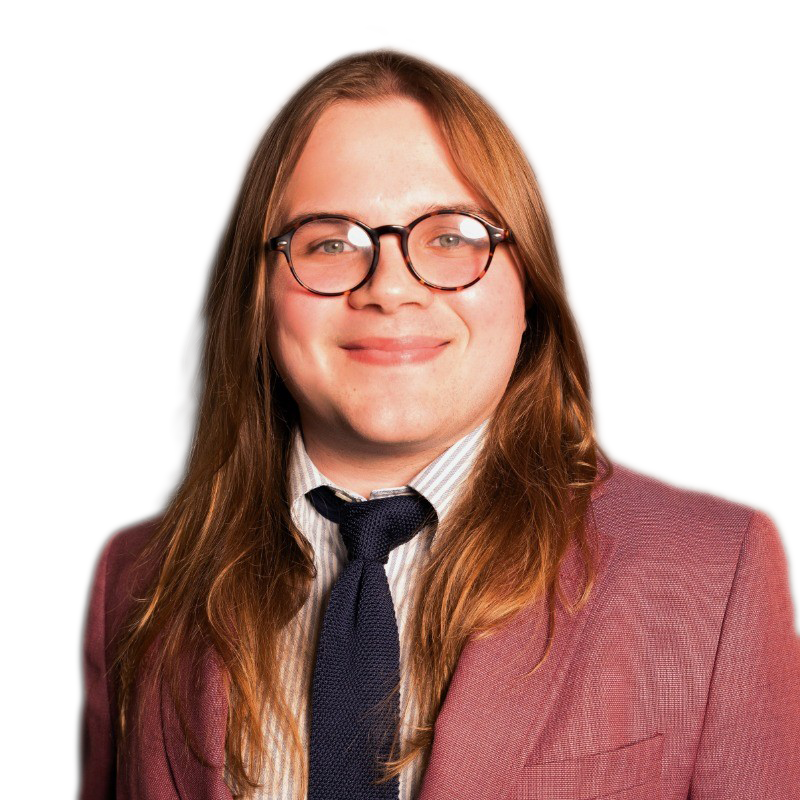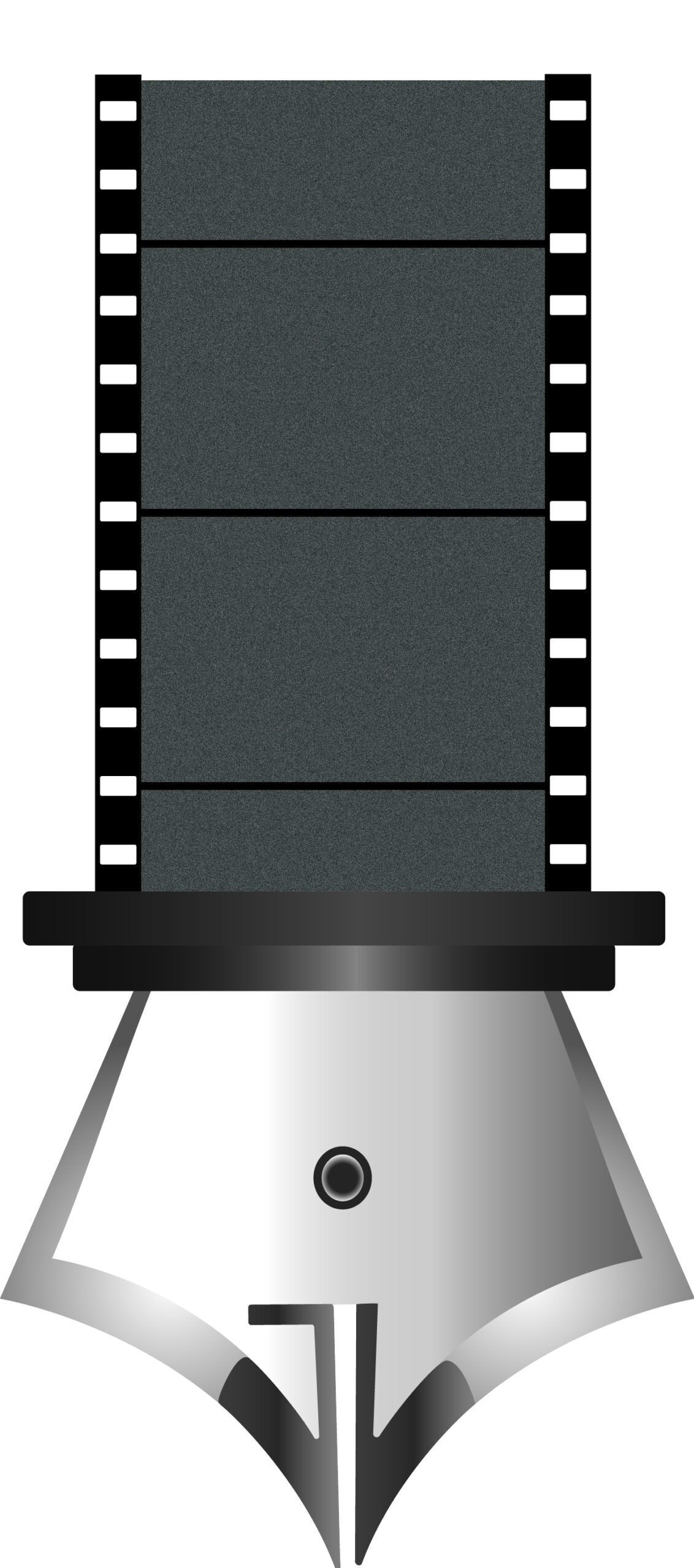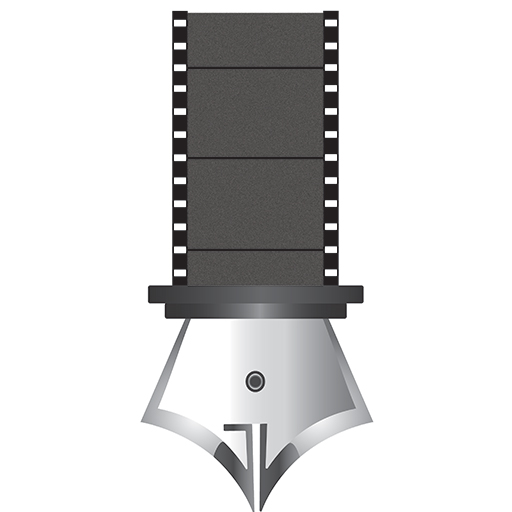Jared Larson is a design editor based in New York City. He has experience in print, digital and motion design. Specializing in interactive data visualization, he strives to create innovative and engaging ways to inform, grow and retain audiences.

Relevant skills:
- Graphic design
- Data visualization
- 2D/3D animation
- Motion graphics
- Infographics
- Editorial design
- Designing for social media
- Print and digital workflows
- Interactive maps & charts
- Particle simulation
- Brand identity
Software expertise:
- Photoshop
- InDesign
- Illustrator
- After Effects
- Premiere Pro
- Flourish
- Mudbox
- Maya
- Houdini FX
- Figma
- Mapcreator

